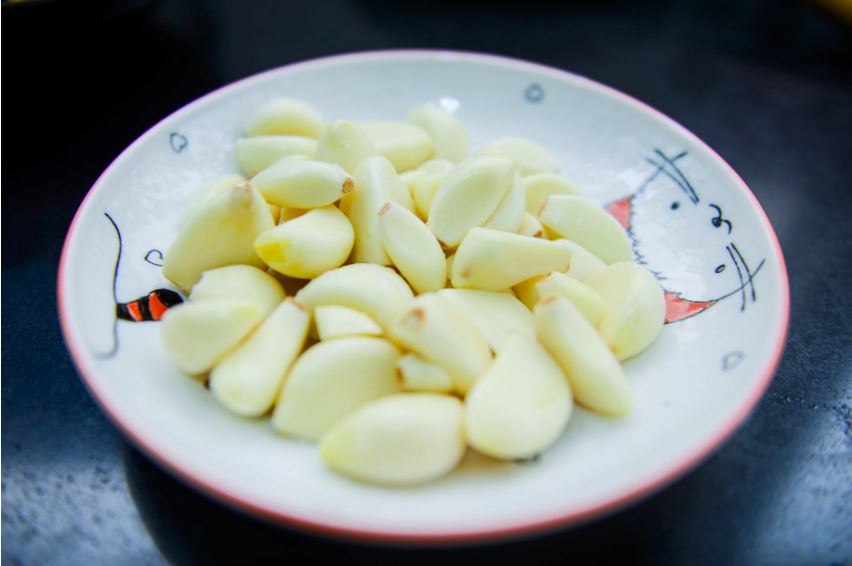Let’s be honest, high cholesterol is a problem that many have just started to associate with ageing. So much so that many GPs just assume that people over a certain age should be prescribed statins, some of the most prescribed drugs for people over 60.
As a Nutritional Therapist, high cholesterol is a very common issue I expect to see in clinic. What’s incredible about high cholesterol, however, is that not only is it one of the most common issues in people over 50, but it’s also one of the easiest issues to treat naturally (see article below for a start on some natural remedies).
There are also quite a few misunderstandings about high cholesterol which should be cleared up. For one, cholesterol itself isn’t a bad thing: it’s your body’s natural response to inflammation. So if, for instance, you break a limb, the body would naturally send cholesterol to the area to make the rest of your body aware of the issue. The problem really is when the inflammation becomes chronic, which is when we tend to see certain cholesterol markers (what your GP will call “high cholesterol”) getting elevated. In other words, it isn’t the high cholesterol that’s the real issue, but the inflammation that is creating the high cholesterol as a response. So taking statins to fix the cholesterol issue is therefore often (not always and some people on statins really need them) akin to putting a plaster on a broken arm with a small cut on it too. The plaster will deal with one of the symptoms of the issue, but it’s certainly NOT addressing the issue overall. To do that, we’ll need to reset the broken bone. In the same way, to fix the cholesterol issue, we need to address the real core issue: the inflammation that is causing it. And that’s a whole other concern and the bread and butter of us Nutritional Therapists.
In addition, not all cholesterol is created equal or means the same thing. While LDL (low density lipoprotein) moves cholesterol to your arteries, where it can build up along artery walls causing many health issues, including heart disease, HDL (high density lipoprotein) helps rid your body of excess cholesterol. Hence why we want a significantly higher reading for HDL than for LDL. What we really don’t want is a high reading for TGs (triglycerides) as that can mean your arteries are hardening, and metabolic syndrome, resulting in heart diseases, stroke and other issues.
While much of the advice out there is to avoid fat if you want to avoid high cholesterol, not all fats are equally bad for you. In fact, the low fat versions of some foods (such as dairy products) are actually worse for you than their normal fat equivalents (I’ll do another newsletter to explain this). Natural whole fats that come from tree nuts, coconut oil, olive oil and avocado are very good for your health and your brain. Trans fats, however, that come from processed foods, fast food, sweetened beverages and many typical cooking oils (sunflower, peanut, corn…) when they go rancid (which they do without you realising often before you even bring them home) are what your body doesn’t like and doesn’t want: hence leading to issues and ill health if over-consumed.
Anyway, this is just a small glimpse into how important what you put into your body is and how that food can affect your health.
Want to find out more about how your body has been affected up to now and what you can do about it? Book a free 20 minute call with me here:

